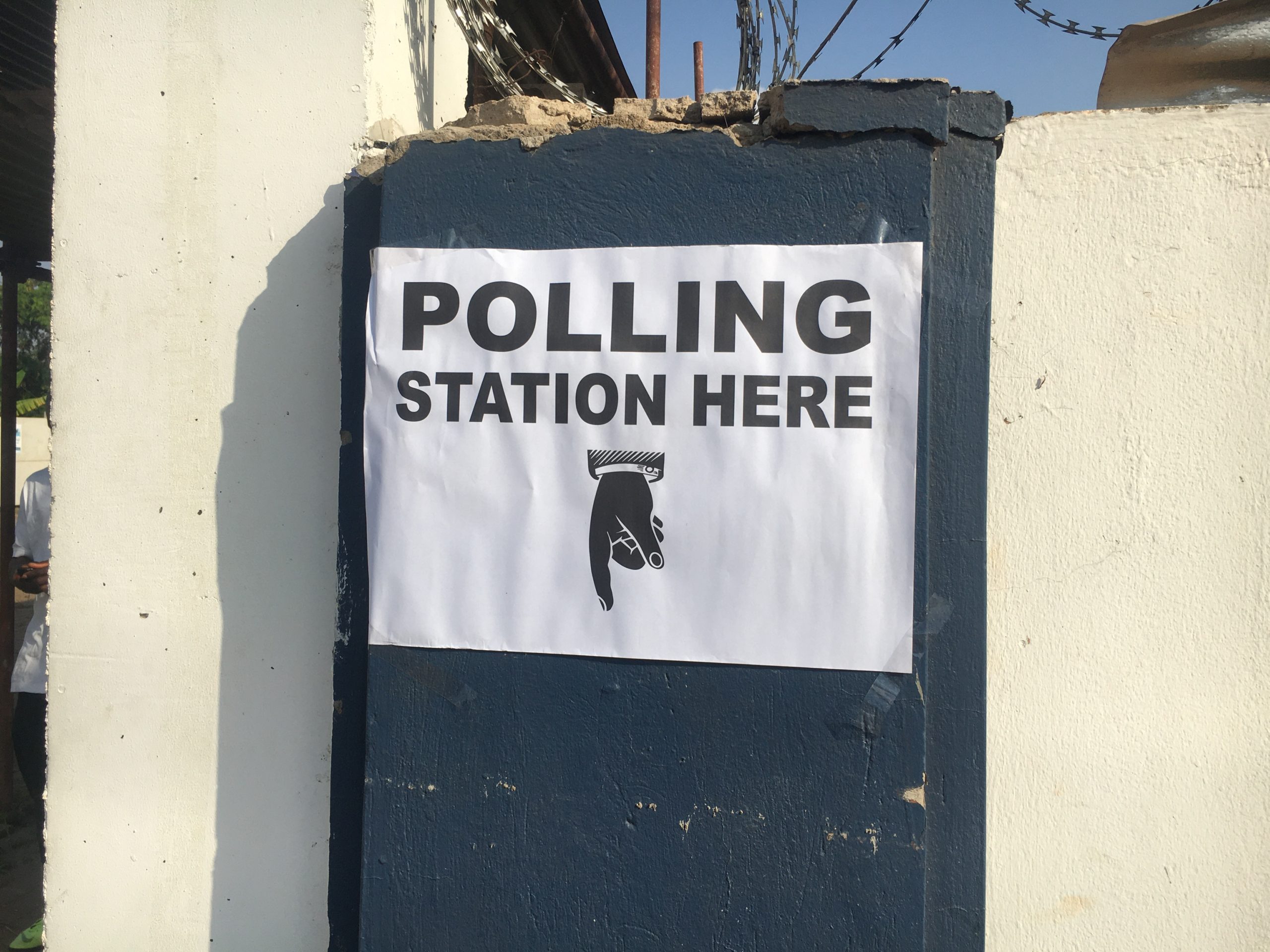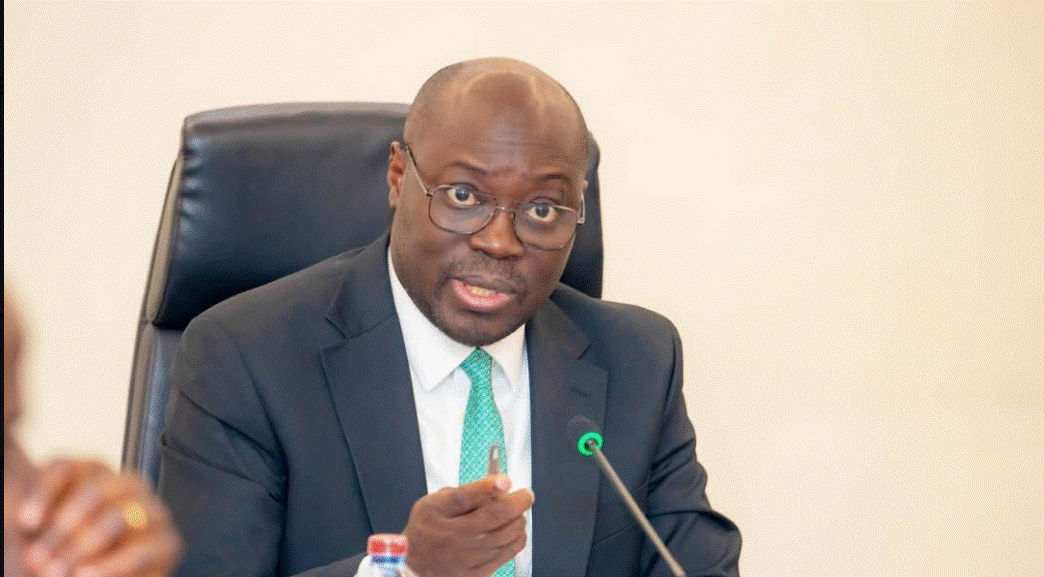

 In a shocking incident at the National Assay Centre in Accra, a chaotic scene unfolded on December 17, 2024, when a mob, allegedly led by Joseph Yamin, the National Organiser of the National Democratic Congress (NDC), attempted to seize bullion bars belonging to the Bank of Ghana.
In a shocking incident at the National Assay Centre in Accra, a chaotic scene unfolded on December 17, 2024, when a mob, allegedly led by Joseph Yamin, the National Organiser of the National Democratic Congress (NDC), attempted to seize bullion bars belonging to the Bank of Ghana.
This event has not only raised serious questions about the security and integrity of Ghana’s gold trade but has also highlighted alarming discrepancies in the Precious Minerals Marketing Company (PMMC) operations, particularly regarding their reported governance structure and adherence to standard procedures.
The incident and its immediate fallout
The incident transpired when the PMMC was processing bullion bars as part of the Domestic Gold Purchase Programme (DGPP). The bars were under evaluation for their weight, purity, and overall value—a routine task that is crucial for maintaining the integrity of Ghana’s gold trade. However, the mob’s attempt to seize these bars disrupted operations, leading to a police intervention and the eventual relocation of the bullion to the Greater Accra Regional Police Command for safekeeping.
PMMC’s response to this upheaval was a statement describing the unlawful action as “deeply regrettable” and emphasizing the potential damage to Ghana’s reputation in the international bullion market. This official acknowledgment, however, was soon overshadowed by revelations concerning the authenticity and transparency of PMMC’s internal processes.
Which Corporate Affairs unit?
One of the most striking discrepancies to emerge from this incident is the claim in PMMC’s statement that it was issued by the “Corporate Affairs” unit. Following this announcement, further inquiries revealed that the PMMC does not have a designated Corporate Affairs or Public Affairs department. This raises critical questions about the legitimacy of the statement and its authorship.
The absence of a Corporate Affairs unit suggests a significant gap in PMMC’s governance structure. In any organization, particularly one handling precious resources such as gold, a department dedicated to public relations and corporate communications is essential. It ensures that the company can effectively manage crises, communicate transparently with stakeholders, and uphold its reputation in the market. The implication that such a department exists when it does not, casts doubt on PMMC’s internal controls and raises concerns about who is managing communications during a crisis.
Audit oversight and standard operating procedures
Compounding these issues is the revelation that PMMC’s audit department was not informed about the movement of the gold from the Diamond House to the Aviance Cargo Terminal. According to standard operating procedures, any transfer of valuable items, particularly gold bullion, necessitates thorough oversight by the audit department. This protocol is designed to ensure that all movements are documented, verified, and accounted for, thus safeguarding against potential theft, loss, or mismanagement.
The fact that the audit department was unaware of this critical movement indicates a serious breach of protocol. Typically, the audit team plays a vital role in tracking inventory, verifying the integrity of stock, and ensuring compliance with regulatory standards. Their lack of involvement in this instance not only undermines the transparency of PMMC’s operations but also raises alarm bells about how such significant decisions are made within the organization.
Implications for Ghana’s gold trade
The implications of these discrepancies are far-reaching. Ghana’s gold trade is a significant component of its economy, and the country’s reputation as a reliable participant in the international gold market is paramount. Incidents that cast doubt on the integrity and transparency of operations can deter legitimate international buyers and investors, potentially leading to a loss of revenue and damaging the country’s standing in global markets.
Moreover, the lack of a Corporate Affairs unit and the failure of the audit department to be informed about the movement of the bullion suggest systemic issues within PMMC. This raises questions about the overall governance and management practices of the company, which is tasked with overseeing such valuable national resources.
The need for robust governance
The events surrounding the attempted seizure of bullion bars highlight an urgent need for robust governance measures within PMMC. A comprehensive review of the company’s organizational structure is essential. Establishing a dedicated Corporate Affairs unit would not only enhance communication during crises but also ensure that public relations practices align with the company’s goals and the expectations of stakeholders.
Equally important is the reinforcement of audit procedures. PMMC must ensure that its audit department is informed and involved in all movements of valuable assets. This can be achieved through the implementation of stricter protocols that require documentation and verification of all transfers, thus safeguarding against lapses in oversight.
Accountability and transparency
As investigations into the incident continue, there is a growing demand for accountability from PMMC and other relevant authorities. Stakeholders, both local and international, are seeking a clear and transparent account of the events that transpired on December 17. The lack of transparency thus far has only fueled unease and skepticism regarding PMMC’s operations.
The authorities must address these discrepancies head-on. A thorough investigation into the governance practices of PMMC is essential not only to restore confidence among stakeholders but also to uphold the integrity of Ghana’s gold trade. This includes a review of the company’s communication strategies, its adherence to standard operating procedures, and the establishment of clear lines of responsibility and accountability within its management structure.
Conclusion
The incident at the National Assay Centre serves as a wake-up call for PMMC and the broader framework of Ghana’s gold trade. The discrepancies related to the missing Corporate Affairs unit and the lack of audit oversight in the movement of bullion bars have exposed significant vulnerabilities in the system. Addressing these issues is not merely about rectifying past mistakes; it is about building a more resilient and transparent framework that can withstand future challenges.
As Ghana seeks to maintain its standing as a trusted player in the global gold market, it must prioritize transparency, accountability, and robust governance within its key institutions. The road ahead will require concerted efforts from all stakeholders to ensure that the integrity of Ghana’s gold trade is not only upheld but strengthened for the future.
By Dr Kwaku Asiedu-Nketia
The post Bullion bars saga: Missing Corporate Affairs Unit and audit oversight in PMMC’s gold trade operations appeared first on Ghana Business News.
Read Full Story
















Facebook
Twitter
Pinterest
Instagram
Google+
YouTube
LinkedIn
RSS